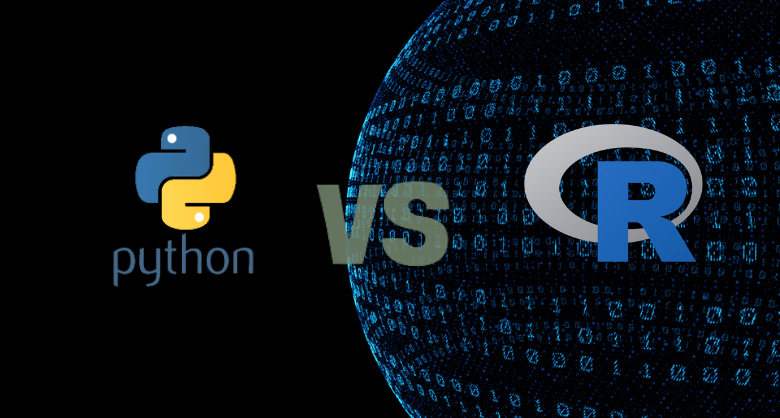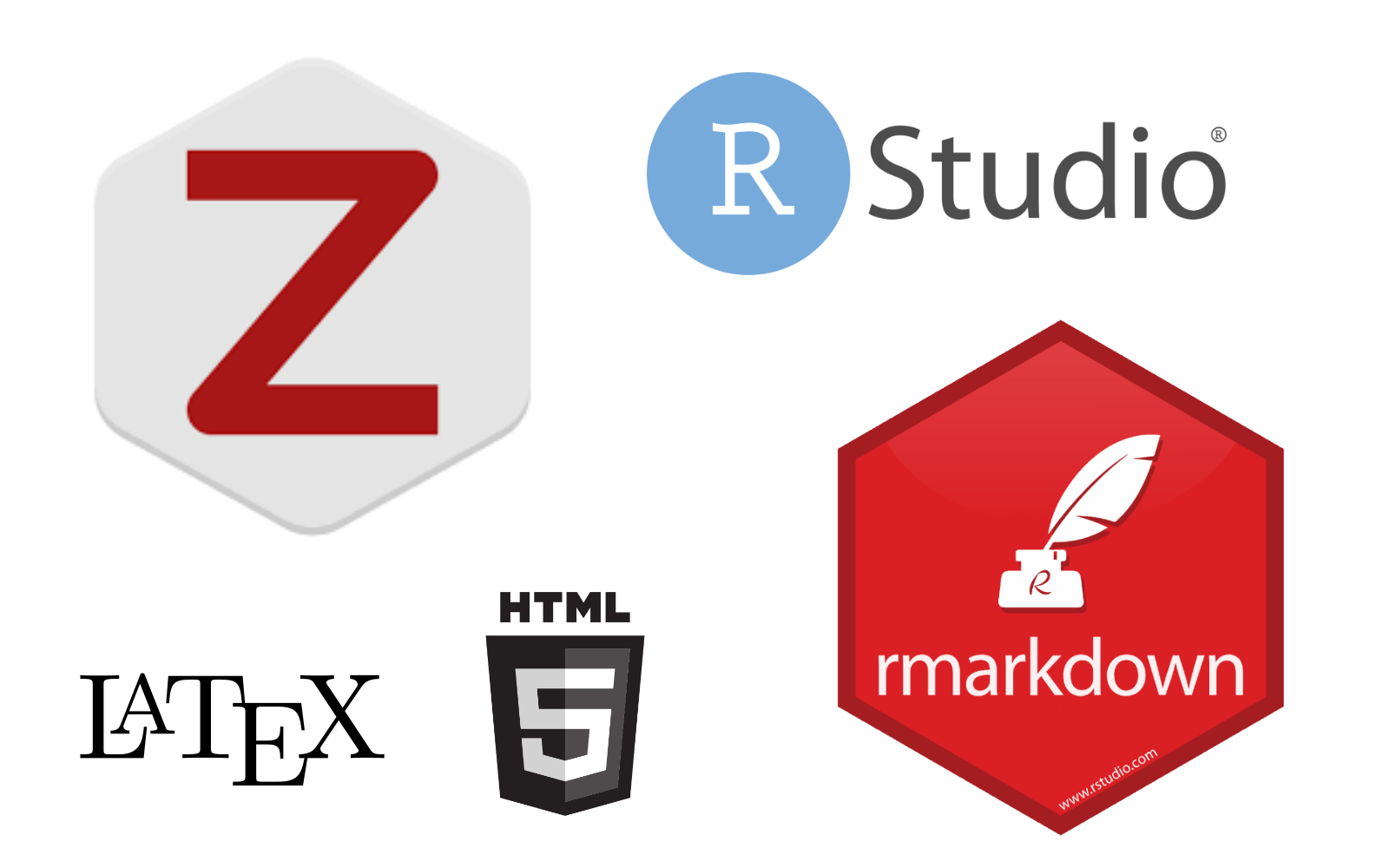COVID YAAA! or Yet Another Analyze Attempt

Hello, Habr!
About a month ago, I had a feeling of constant anxiety. I began to eat poorly, sleep even worse, and constantly read to a ton of news about the pandemic. Based on them, the coronavirus either captured, or liberated our planet, was either a conspiracy of world governments, or the vengeance of the pangolin, the virus either threatened everyone at once, or personally me and my sleeping cat…
Hundreds of articles, social media posts, youtube-telegram-instagram-tik-tok (yes, I sin) content of varying degrees of content quality did not lead me to anything but an even greater sense of anxiety.
But one day I bought buckwheat decided to end it all. As soon as possible!




